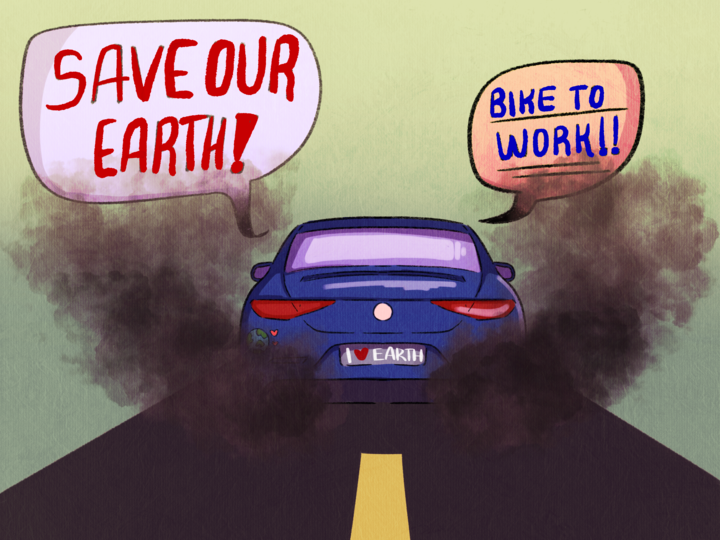If there’s an upside to yesterday’s theft of approximately 10,000 copies of the Arizona Daily Wildcat, it’s that, judging from readers’ reactions, online news sources haven’t made print journalism irrelevant. People missed the tangible newspaper yesterday.
We are relieved that readers still had the online version of yesterday’s newspaper, but everyone on staff was disappointed and angered that someone would cut off access to the campus newspaper. We suspect the thieves were motivated to censor something in yesterday’s newspaper, and that makes this theft all the more troubling.
The Wildcat may be a free publication, but the newspaper suffered an economic loss estimated at $8,500 as a result of this grievance. It’s unfortunate the University of Arizona Police Department doesn’t seem to consider this a crime, especially since the Wildcat states on page two of every issue, “”A single copy of the Daily Wildcat is free from newsstands. Unauthorized removal of multiple copies will be considered theft and may be prosecuted.””
Additionally, several media law experts have informed the Wildcat that college newspaper thefts have been successfully prosecuted in the past.
The University of Central Arkansas’s Echo is another example of a campus publication that has lost money as a result of stolen newspapers. In September 2008, Echo lost an estimated $200 when 1,300 newspaper copies were stolen from campus.
Given the number of Wildcat papers stolen in such a short time period, it’s reasonable to determine that whoever stole the newspapers could not have acted alone. The Wildcat intends to identify every individual involved.
Why would someone do this?
Was someone out to sabotage the press, or was the Wildcat a victim of a childish prank? Does someone want to deny the newspaper its First Amendment right? Regardless of the intent, “”stealing every issue of a newspaper is a blatant and deliberate attempt to silence the press,”” as Editor-in-Chief Alex Dalenberg put it yesterday in an e-mail to the Wildcat staff. Worst of all, Tucsonans and members of the UA community were denied physical newspapers.
UA students especially are entitled to their daily paper, as a small portion of student fee money goes toward the Daily Wildcat as a subscription fee.
Unfortunately, college publications across the country have experienced thefts on campuses, and in many cases, the thieves acted with censorship in mind.
According to the Student Press Law Center, two campus police officers at the Massachusetts Institute of Technology “”recycled”” 300 issues of The Tech after it published a front-page story about an MIT police officer who was arrested for drug trafficking. The officers who took the newspapers were suspended on leave without pay.
This incident was more than just an inconvenience for readers or an economic loss for the Wildcat. It was a blow to freedom of the press. When a newspaper is silenced, the entire community suffers.
— Editorials are determined by the opinions board. They are Alex Dalenberg, Justyn Dillingham, Laura Donovan, Heather Price-Wright, Dan Sotelo and Anna Swenson.








